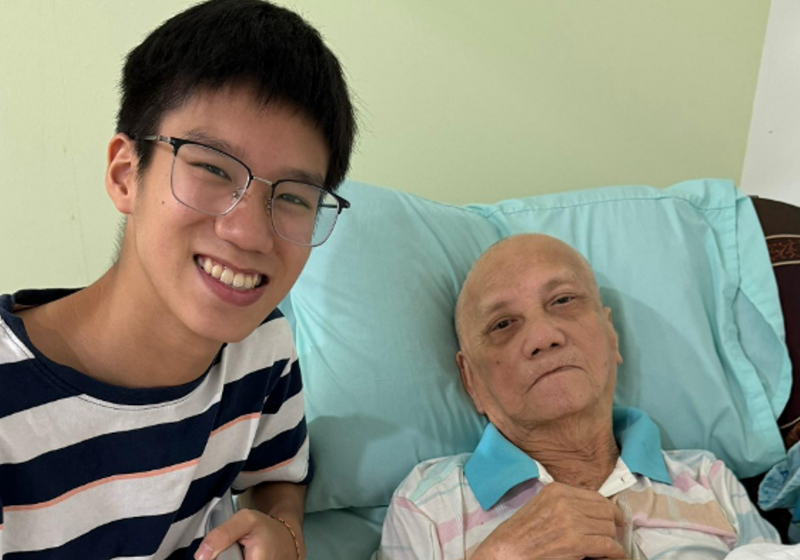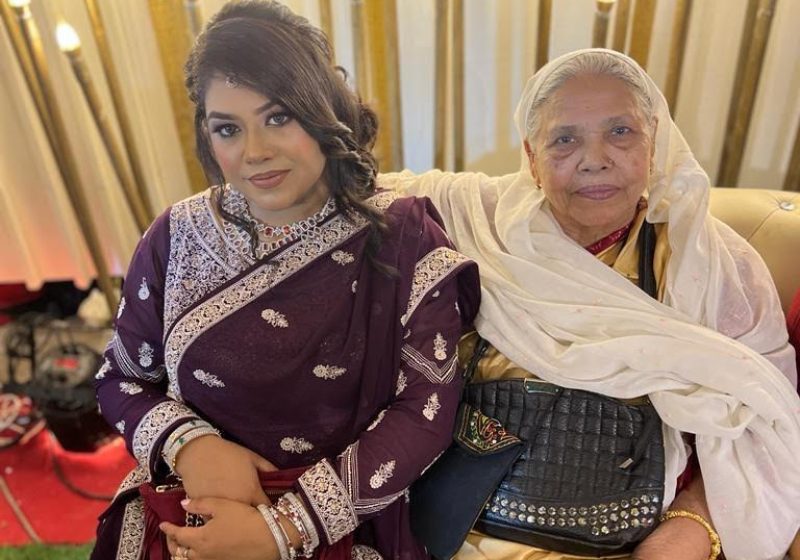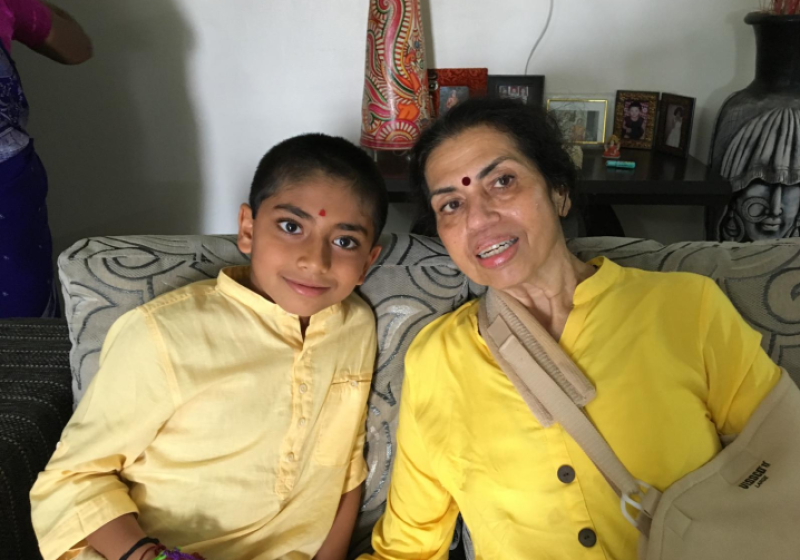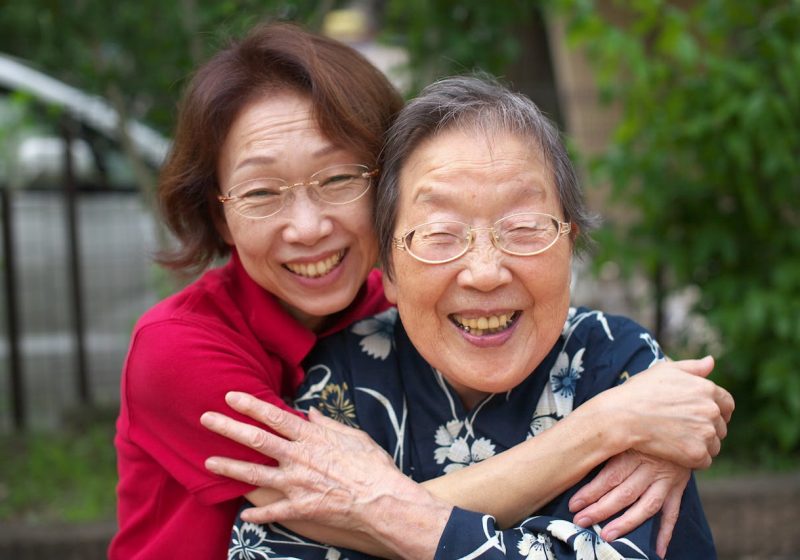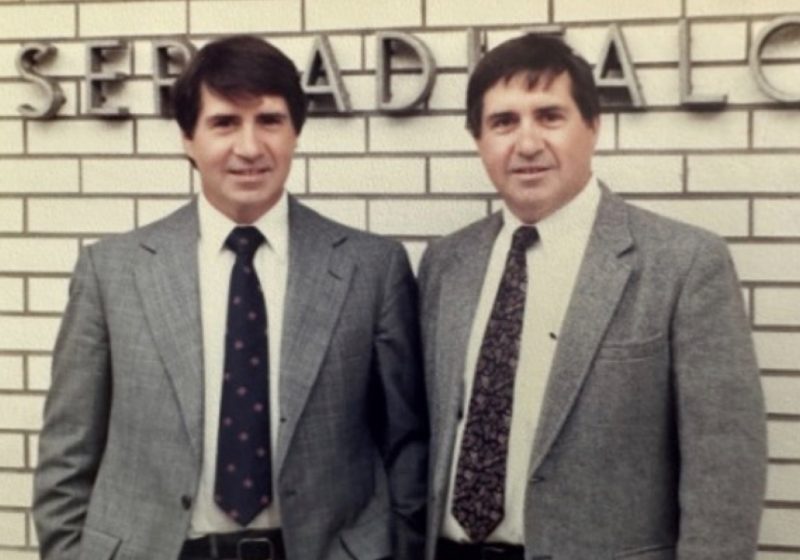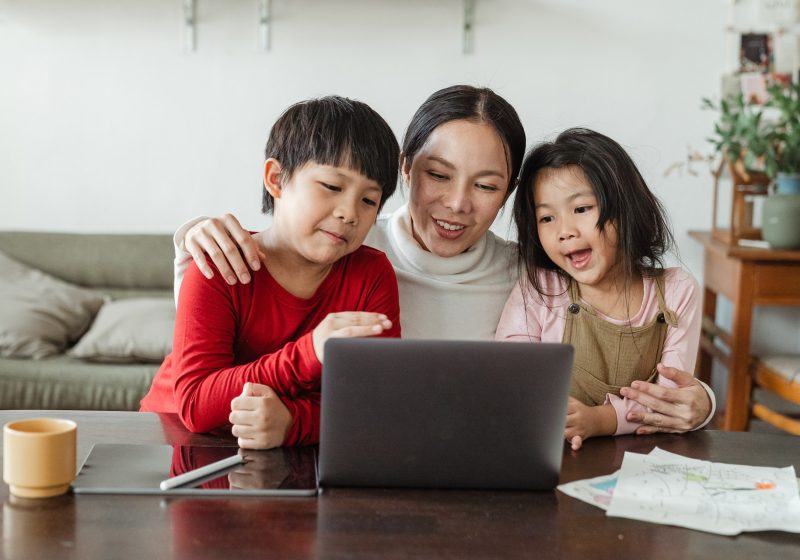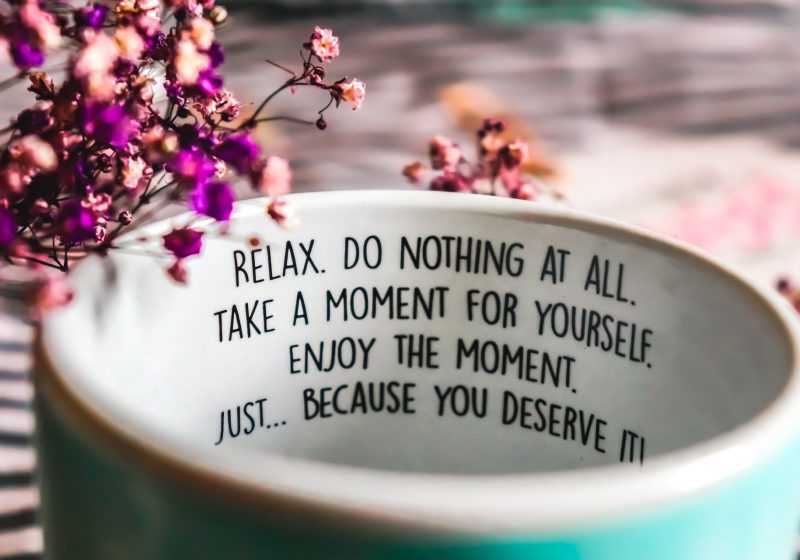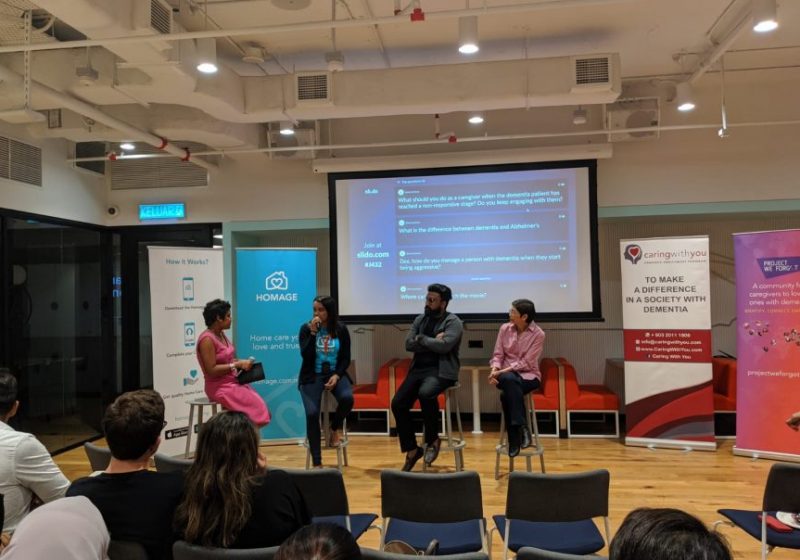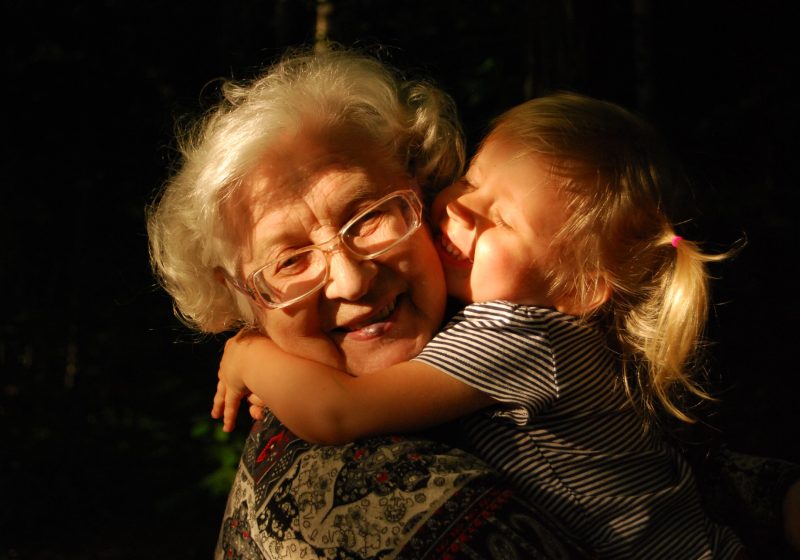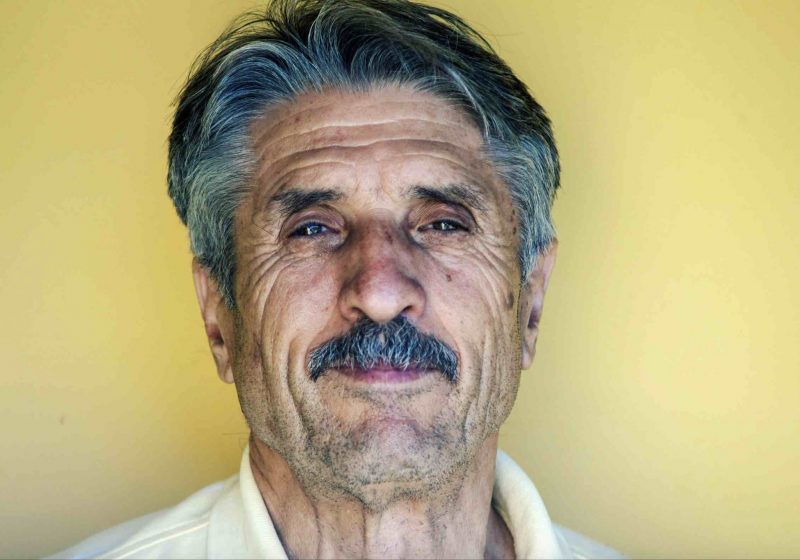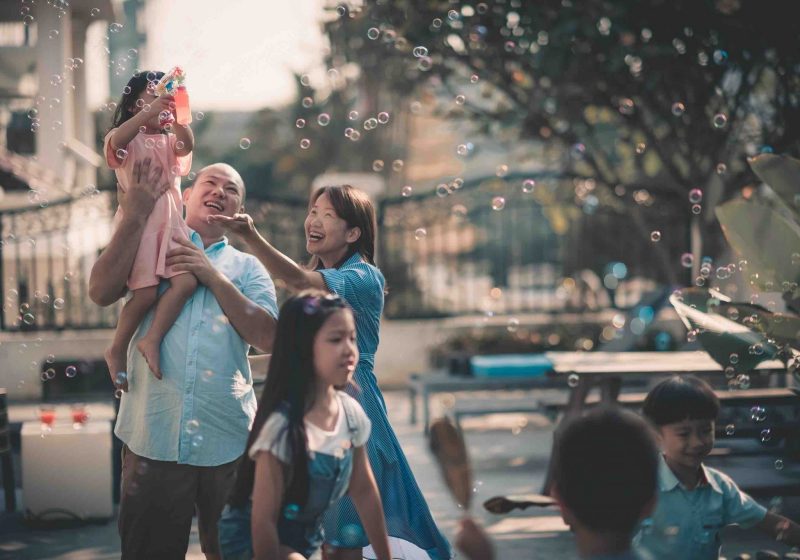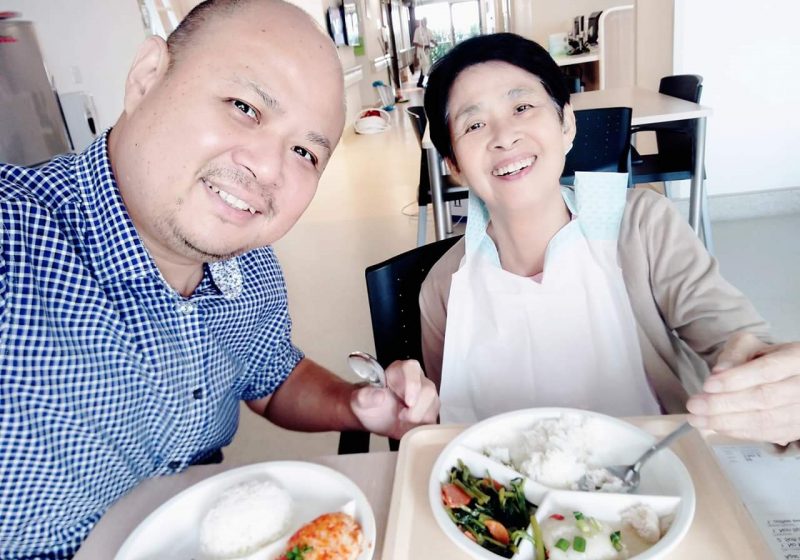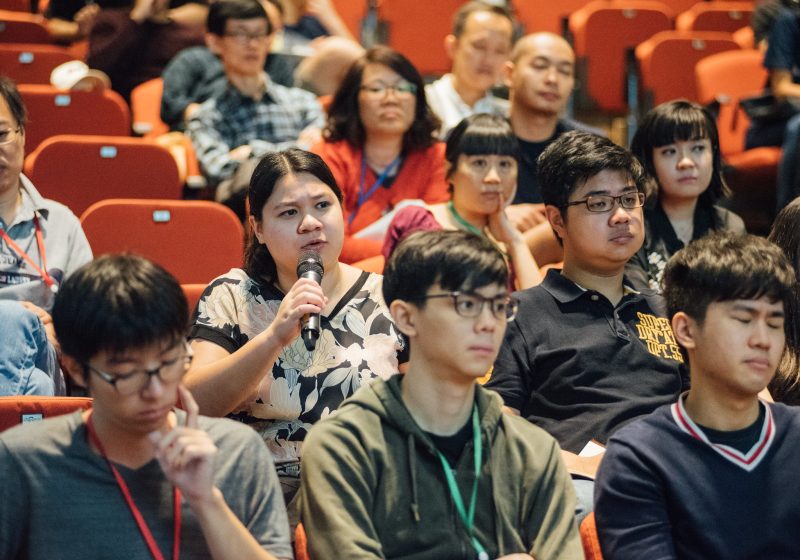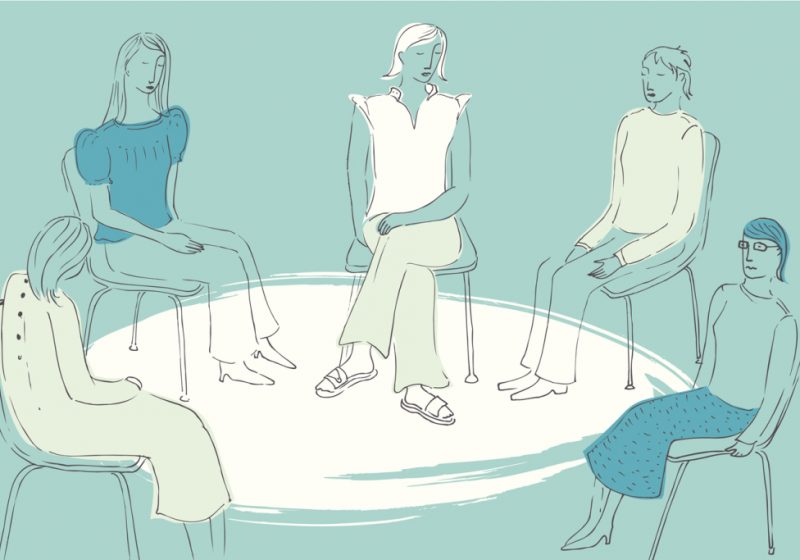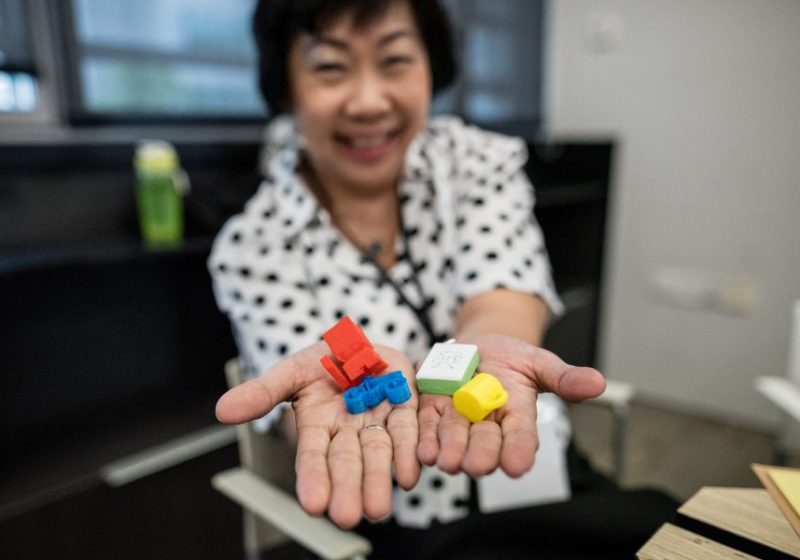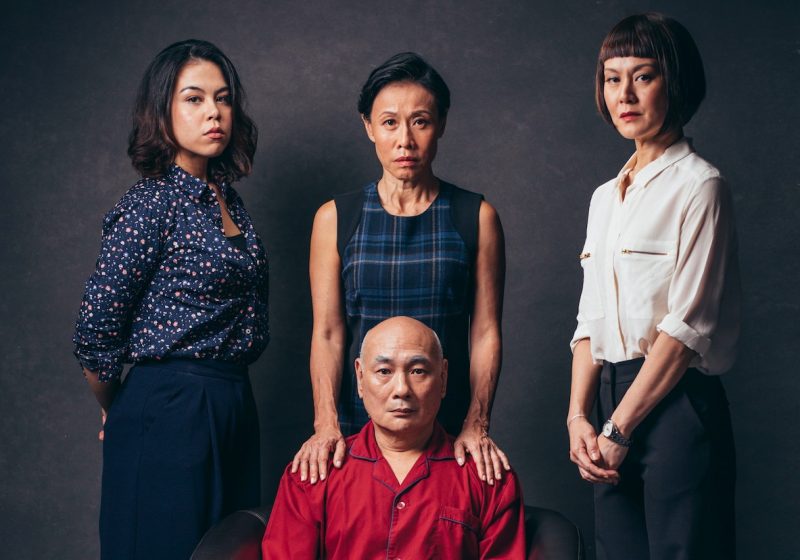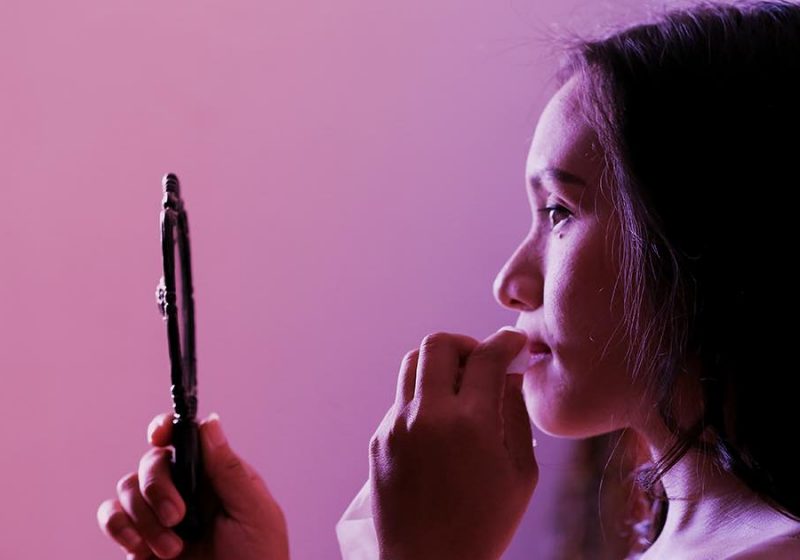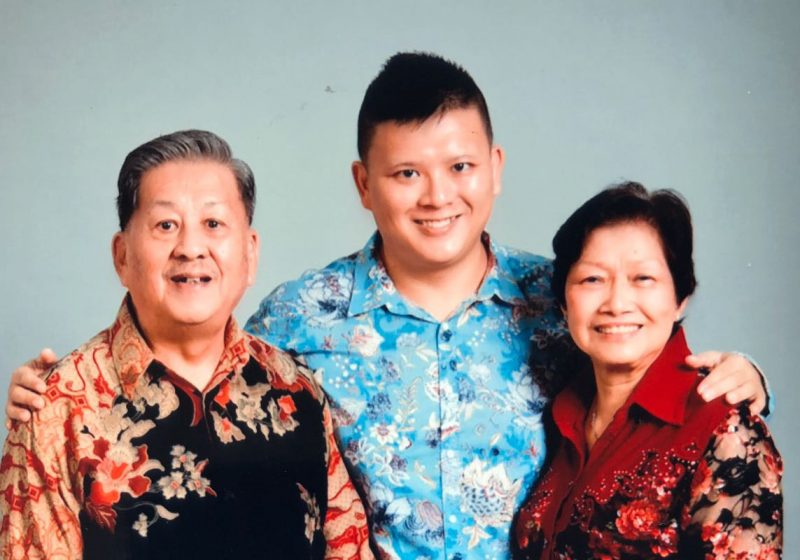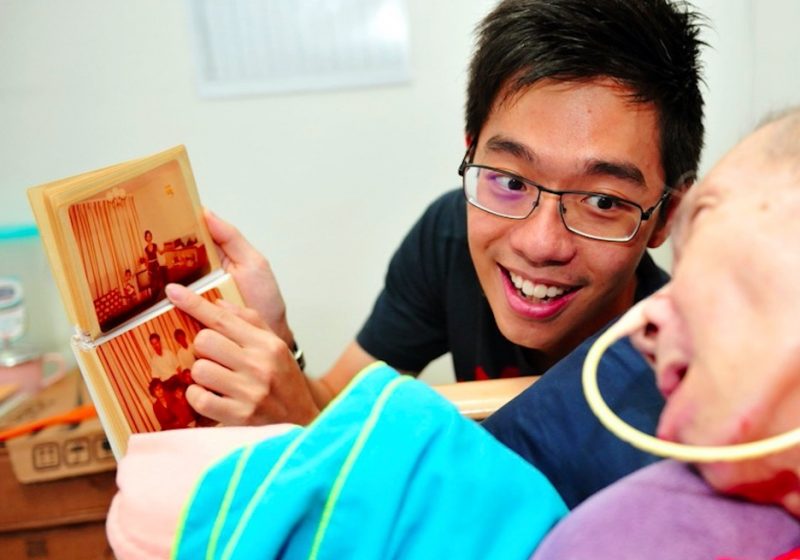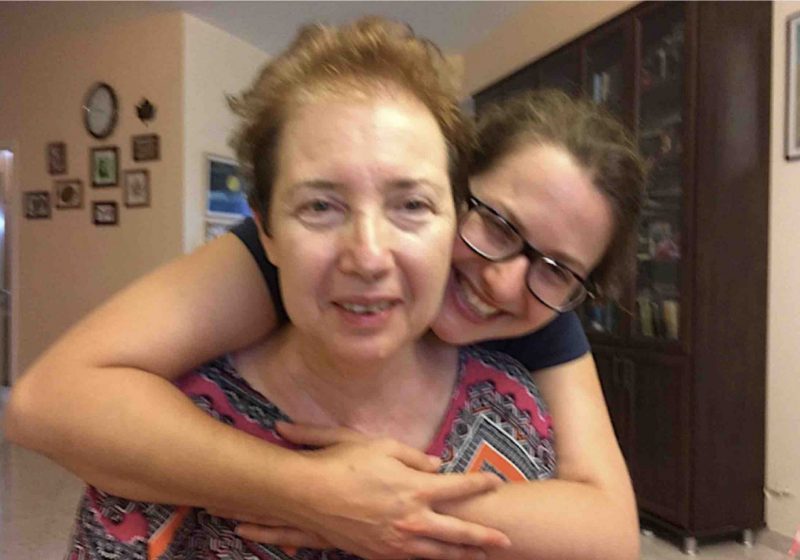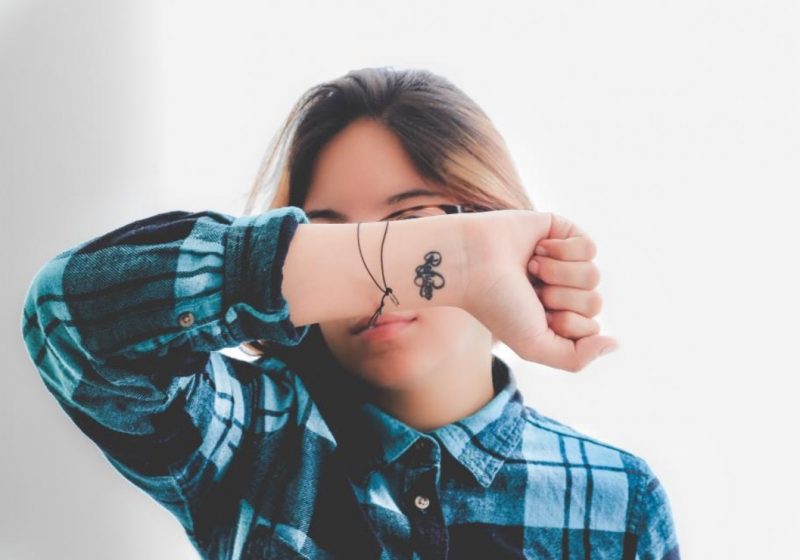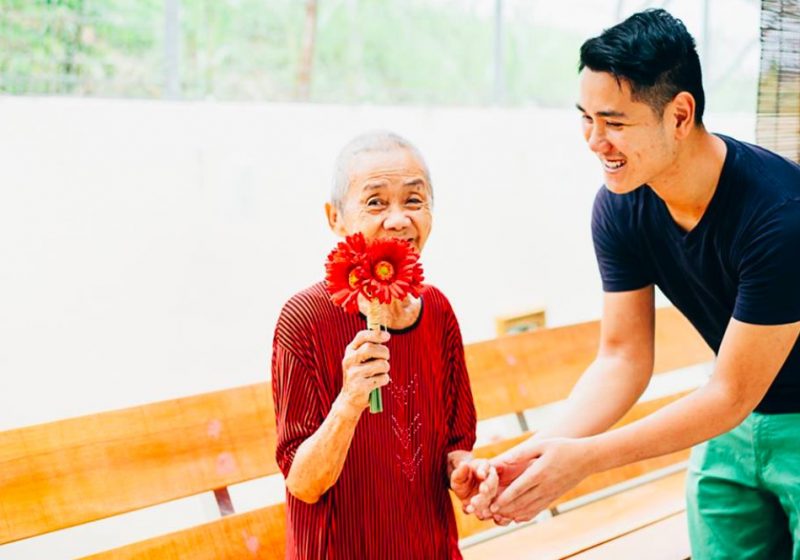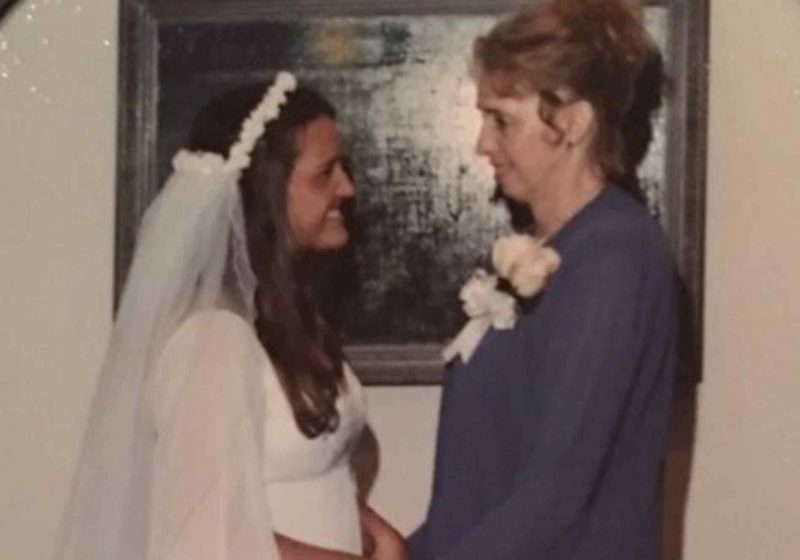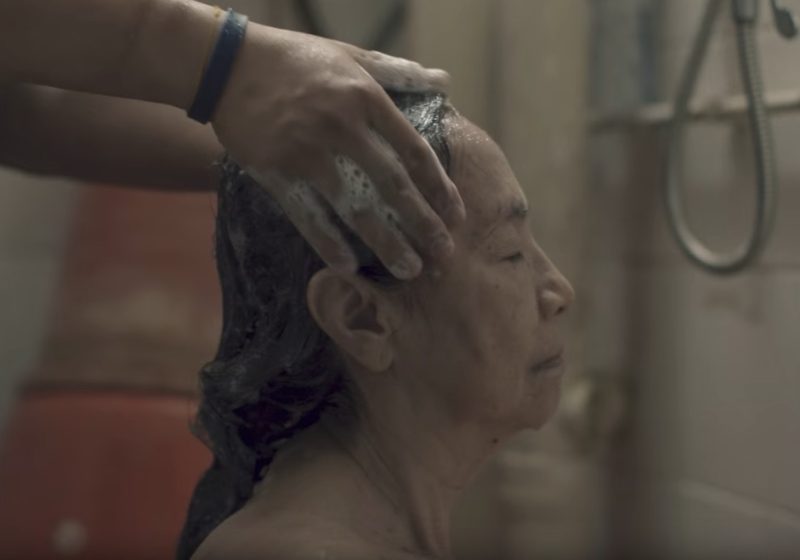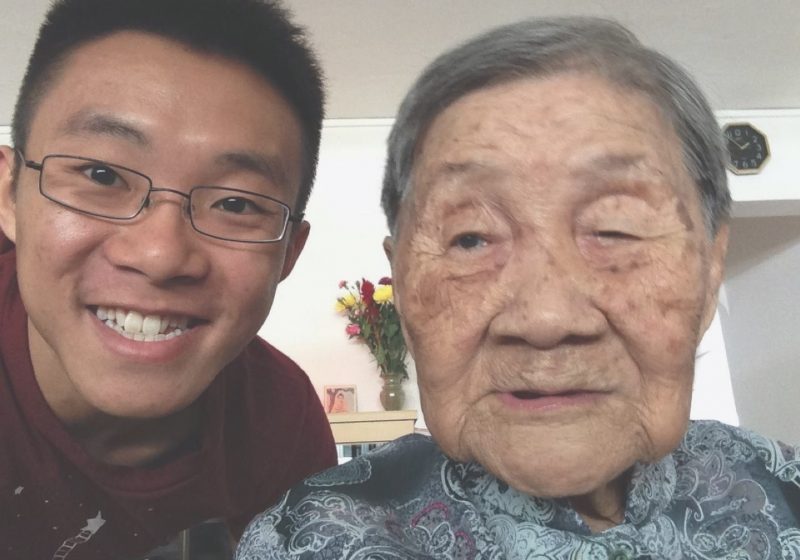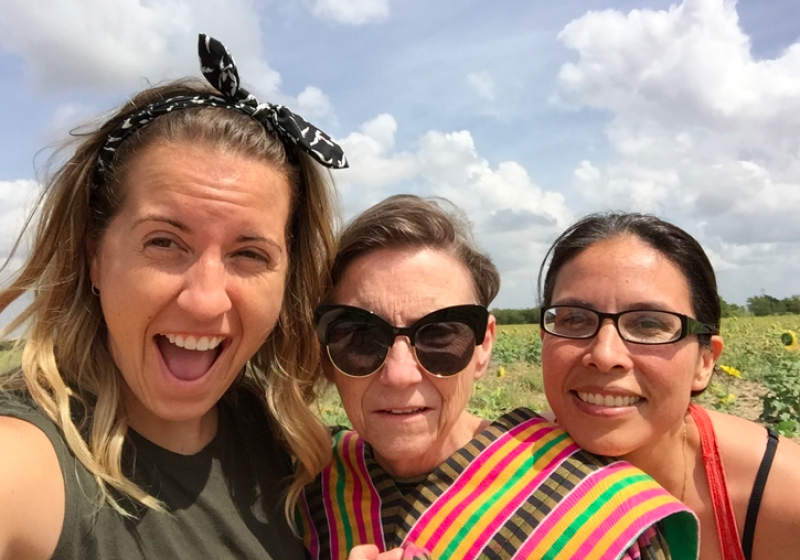Project We Forgot speaks with Bart Frank, Founder of ObjektFilms, on the story behind the short film Joy and his family’s journey in dealing with his Grandmother’s battle with Alzheimer’s.

Filmed and released in 2015 by Bart Frank, Founder of ObjektFilms, the short film Joy is a celebration of his Grandmother’s life and his way of giving a personal window into the horrors of Alzheimer’s disease. Memory of a faded mind, a daughter explores her mother’s life and declining health. This short documentary film relives the life of Joy, a beautiful English mother. Narrated by the delightfully soft voice of her eldest daughter (Jude), the waves of emotion carry you through her story.

Filmed and released in 2015 by Bart Frank, Founder of ObjektFilms, the short film Joy is a celebration of his Grandmother’s life and his way of giving a personal window into the horrors of Alzheimer’s disease. Memory of a faded mind, a daughter explores her mother’s life and declining health. This short documentary film relives the life of Joy, a beautiful English mother. Narrated by the delightfully soft voice of her eldest daughter (Jude), the waves of emotion carry you through her story.
What was the impact you hoped to achieve (or the vision you had) when you first set out to create this short-film? Did you have a key message that you wanted to get across?
This film was originally conceived shortly after I finished at The Met Film School in Berlin. Alex Kempner (now my business partner at Objekt Films) and I were looking for another project to get our teeth into and hone our skills. We sat down and discussed what topics we felt strongly about and what we had access to. As soon as we came up with this idea, it felt like the obvious choice. My plan was simple – to create a story celebrating the life of my beautiful Grandmother, Joy, while giving a personal window into the horrors of Alzheimer’s disease.
As my Grandmother was unable to tell her own story, my Aunt (Jude) was the perfect person to tell it for her. She is such a beautifully caring woman, I knew that she would tell the story in a very emotionally involved way. I guess the impact we were hoping to make was to make people stop and listen.
We never really thought this film would prove as popular as it has – I still find it funny to think that people I have never met before stop and take 7 minutes out of their lives to hear me tell them about my Grandma!

What personal memories do you hold of your grandmother and her journey battling Alzheimer’s?
I remember her being absolutely fine when my Grandpa was still around (he died when I was 10 back in 2001) and then there was a very clear shift.
Suddenly she was living on her own – she moved house shortly after his death into a place they had chosen together. I can’t even begin to imagine how difficult and lonely that must have been. I’ve spoken to my Dad about this and I know it’s where they think they made a mistake – letting her move into that house, not very close to any of her kids and being on her own. The years that preceded this saw a very steady decline in her health.
She was still Granny for the first ten years, but she was slowly withdrawing from the world – fading into herself. The biggest change was when she was finally unable to live in her own house (even with a full-time carer) and had to move into a specialist home. This felt very much like the end, yet she battled on for another 3 years becoming increasingly lost in her internal thoughts.
By the end she would struggle to even formulate words – that was tough to watch.

Could you share some of the struggles that you and your family experienced in your grandmother’s battle with Alzheimer’s?
I think the hardest struggle is the feeling that you cannot do anything to help them – you have to just watch them vanish. It’s the gradual nature of the disease as well.
I found it especially difficult in the last couple of years, when it felt like she had already left us. Rather than being able to mourn her loss, you are stuck in this limbo where the body is still alive – a constant reminder of the woman that once was. Yet she was just so helpless and it’s difficult coming to terms with the fact that there is nothing you can do.
Actually, one of the things I find truly difficult is the idea that some of my young cousins never got to see how wonderful a woman their Granny was. My youngest cousin is only 9 years old, she was not even born when my Grandpa died, so some of her earliest memories of Gran was when she was already living in a care home and her sparkle was already very faded.
Did your family have the right network/source to get the information or the support you needed?
It’s hard to say. Her support at the end of her life was fantastic: when she was at the Sunrise Senior Living in Fleet. But by then she was so far down the road of Alzheimer’s, it was more about making her comfortable. She also had some great carers towards the end of her time living in her own house.
I was very young at the time of my Grandfather’s death so maybe my knowledge of this isn’t quite right… But I feel that maybe the family were not aware of her disease in the early years. And that allowing her to continue living on her own, in isolation, may have contributed to the speed at which she declined. I have no medical understanding of whether this could have been a factor but I know it is an opinion I share with my Dad and Aunt. Maybe if the information had been more readily available in those days then Granny could have had a better last decade. It’s so difficult to say…

What was the hardest part of making the film?
I would say the hardest part of making the film was doing the interview with my Aunt. Exploring Granny’s life and going through all the old photos was brilliant and something I am lucky to have been able to do. But sitting down with my Aunt and asking difficult questions about her mother was truly hard.
Jude is a very emotional woman and try as she may to stop it coming through, it did on several occasions. Listening to her struggling to talk about her mother and having to push for more answers and more detail is very difficult to do when the subject is someone you also love.

What are your personal takeaways from creating this film?
I think the greatest thing I have taken away from this film is being given the chance to explore what a beautiful woman my Grandma was. How caring she was. How many people loved her. I got to look through all the old photo albums. I got to hear all the old stories. I got to spend a day trying to make her smile for my camera. And then I got to share how beautiful she was with the world.
In Memory of Joyce Miriam Frank | 1930 – 2016


